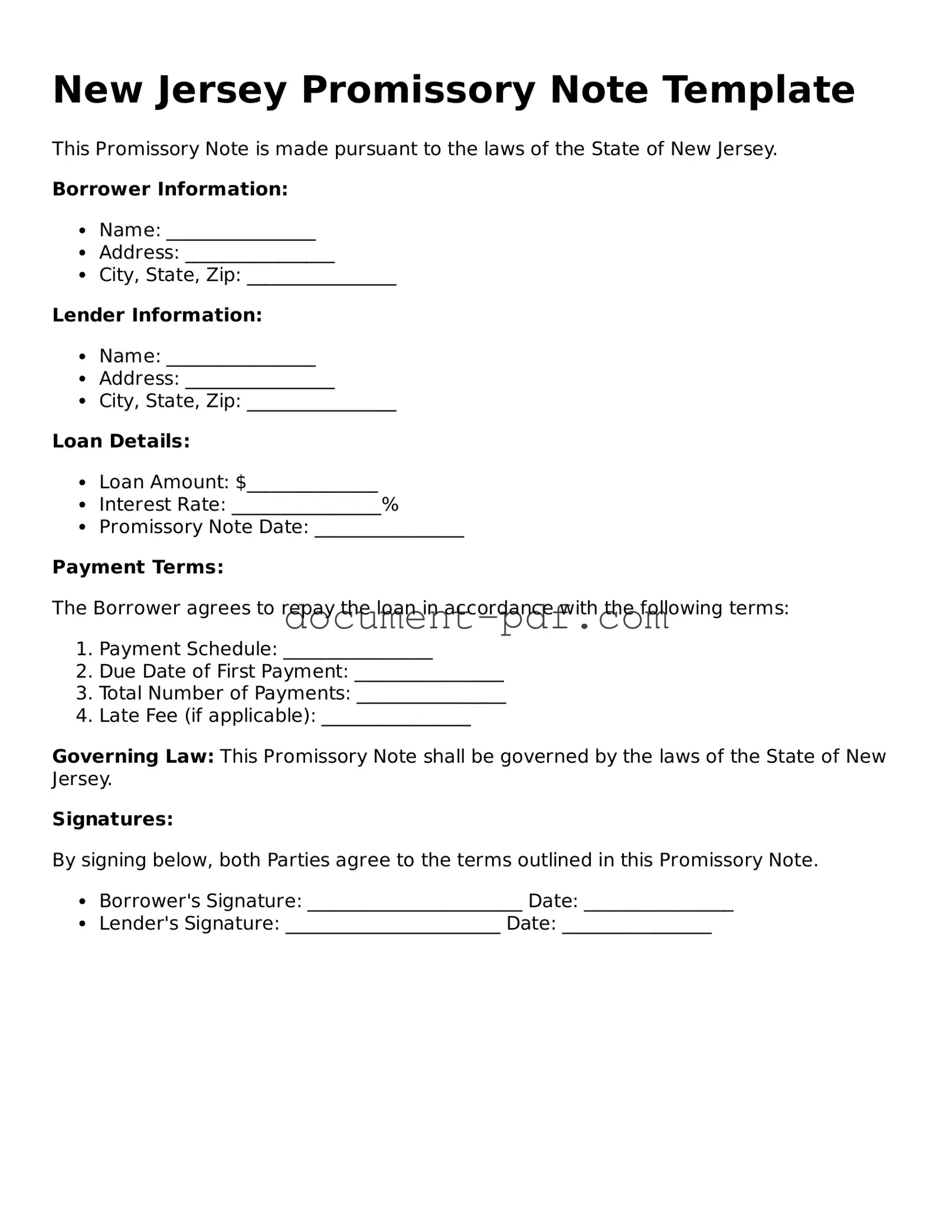A promissory note is a financial document that serves as a written promise to pay a specified amount of money to a designated party at a particular time or on demand. It shares similarities with several other financial and legal documents. One such document is the loan agreement. Both a promissory note and a loan agreement outline the terms of a loan, including the amount borrowed, interest rates, and repayment schedules. However, a loan agreement typically includes more detailed terms, such as collateral, warranties, and conditions for default, while a promissory note is more straightforward and focuses primarily on the promise to repay.
A mortgage is another document that resembles a promissory note. When someone takes out a mortgage to buy a home, they often sign a promissory note as part of the mortgage process. The promissory note in this case outlines the borrower's commitment to repay the loan, while the mortgage itself secures the loan with the property as collateral. Both documents are essential in real estate transactions, but the mortgage provides the lender with rights to the property if the borrower defaults.
A personal guarantee also shares characteristics with a promissory note. In this case, an individual agrees to be personally responsible for the debt of a business or another person. Like a promissory note, a personal guarantee is a commitment to repay a debt. However, it often involves additional risk for the guarantor, as their personal assets may be at stake if the primary borrower fails to meet their obligations.
An IOU, or "I Owe You," is a more informal document that indicates a debt exists. While a promissory note is legally binding and contains specific terms, an IOU is usually less formal and may lack the same level of detail. Both documents acknowledge a debt, but an IOU does not typically include terms for repayment, making it less enforceable than a promissory note.
A credit agreement is similar in that it outlines the terms under which credit is extended to a borrower. Both documents specify the loan amount, interest rates, and repayment terms. However, credit agreements are often used for revolving credit lines, such as credit cards, while promissory notes are more commonly associated with fixed loans. The complexity of credit agreements can also surpass that of promissory notes, which are generally simpler and more straightforward.
A lease agreement can also be compared to a promissory note, particularly in situations where rental payments are involved. Both documents detail payment obligations, but a lease agreement typically covers the terms of property rental, including duration and conditions of use. In contrast, a promissory note focuses solely on the promise to repay a loan, regardless of whether it involves property or other types of transactions.
A deed of trust is another document that bears similarities to a promissory note. In real estate transactions, a deed of trust secures a loan by transferring the title of the property to a trustee until the borrower repays the loan. The promissory note serves as the borrower's promise to repay the loan, while the deed of trust provides the lender with a security interest in the property. Both documents work together to protect the interests of the lender.
A bond is also comparable to a promissory note. When an entity issues a bond, it promises to pay back the principal amount along with interest to bondholders at specified intervals. Both bonds and promissory notes represent a debt obligation, but bonds are typically used by corporations or governments to raise capital, while promissory notes are often used for personal or business loans. The terms and conditions of bonds can be more complex, involving multiple investors and regulatory requirements.
The Texas Motorcycle Bill of Sale form is a crucial document that records the transfer of ownership of a motorcycle from one party to another, making it essential for any potential transactions. This form serves as legal evidence of the sale and ensures that both the buyer and seller have clear records of the transaction. Understanding how to properly complete this form is essential for anyone looking to buy or sell a motorcycle in Texas; for more information, you can visit Texas PDF Templates.
Lastly, an installment agreement shares features with a promissory note. Both documents outline a repayment plan for a debt, detailing how much is owed and when payments are due. However, installment agreements are often used in the context of tax debts or other obligations to government agencies. They may include specific terms regarding penalties for late payments or other conditions that are less commonly found in standard promissory notes.

